


Analysis of data collected over 20 years suggests the decline is due to the construction of over 180 dams on the Paraná and its tributaries.
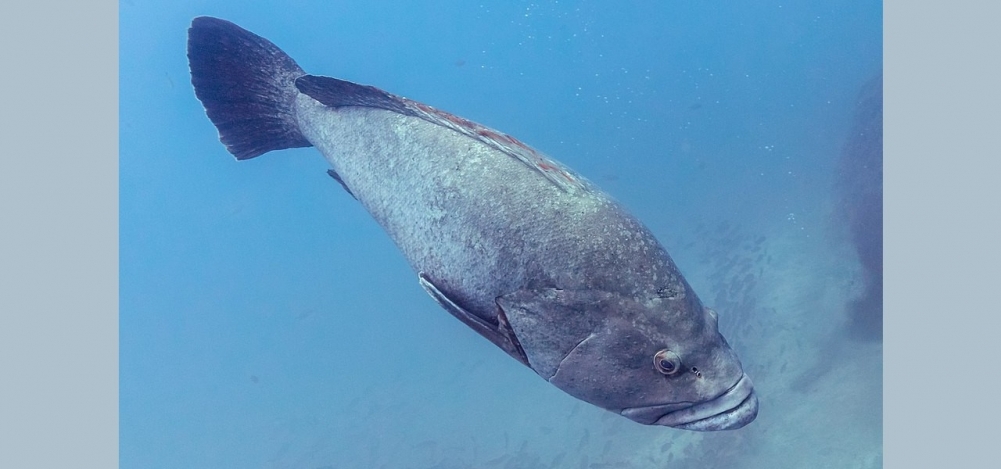
Analysis of fishery data and interviews with artisanal fishers confirmed replacement of large species by others that are less valuable commercially, and 37 species were considered overfished.

Fewer Atlantic mangrove fiddler crab embryos survived in a warmer, more acid environment mimicking conditions forecast for the end of this century. Given the important ecological role of this invertebrate in mangroves, the researchers warn of a potential cascade effect.
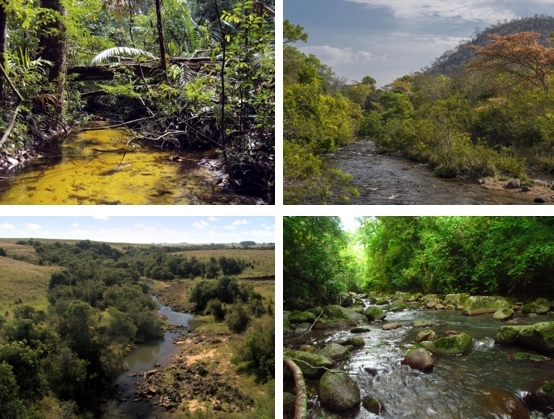
Fifty researchers at 26 institutions analyzed a huge mass of data, finding that no single size of conservation area is valid for the entire country.
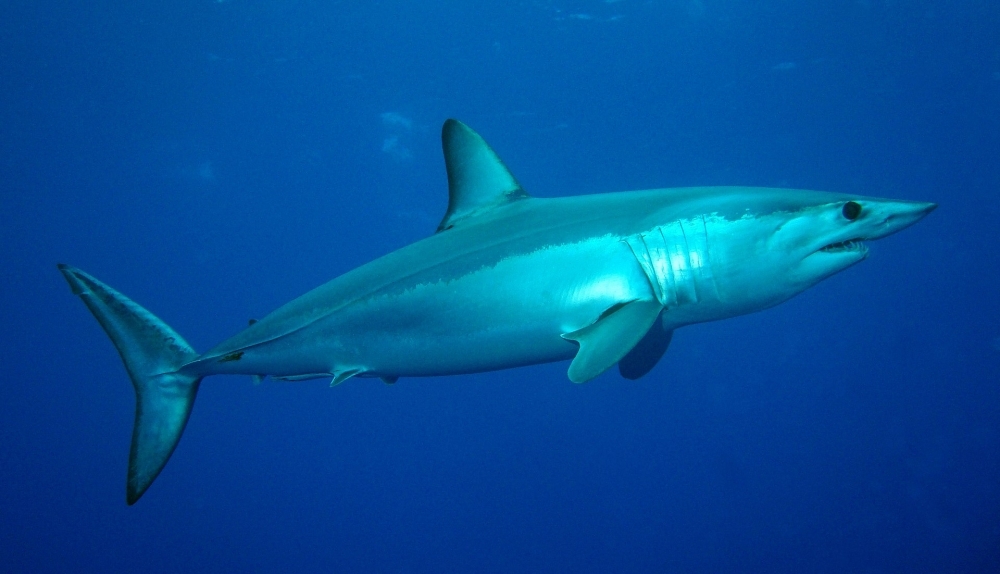
Genetic mapping of the shark’s liver and eye tissue showed overexpression of nine genes known for action in tumor suppression, wound healing, and probable monochrome vision. The species is considered globally endangered and caught on a large scale by industrial fishing vessels.

Analysis identified 525 genes encoding proteins that act on the nervous system, cardiovascular system and cell walls. One of the molecules proved effective against cancer cells in preliminary test results.

Simulations using field data suggest focusing on the protection of species that live in rivers and lakes can be more efficient than the approach most used now, which focuses on terrestrial biodiversity. An article at Science is based on the findings.
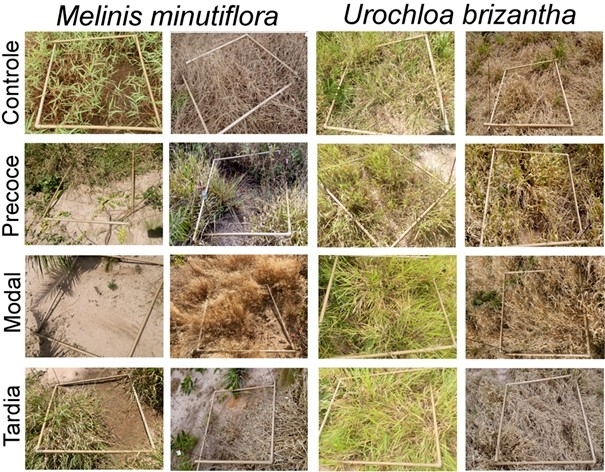
Brazilian researchers show that African forage grasses resist management by fire and that palisade grass tends to spread to burned areas previously occupied by molasses grass, another invasive species.
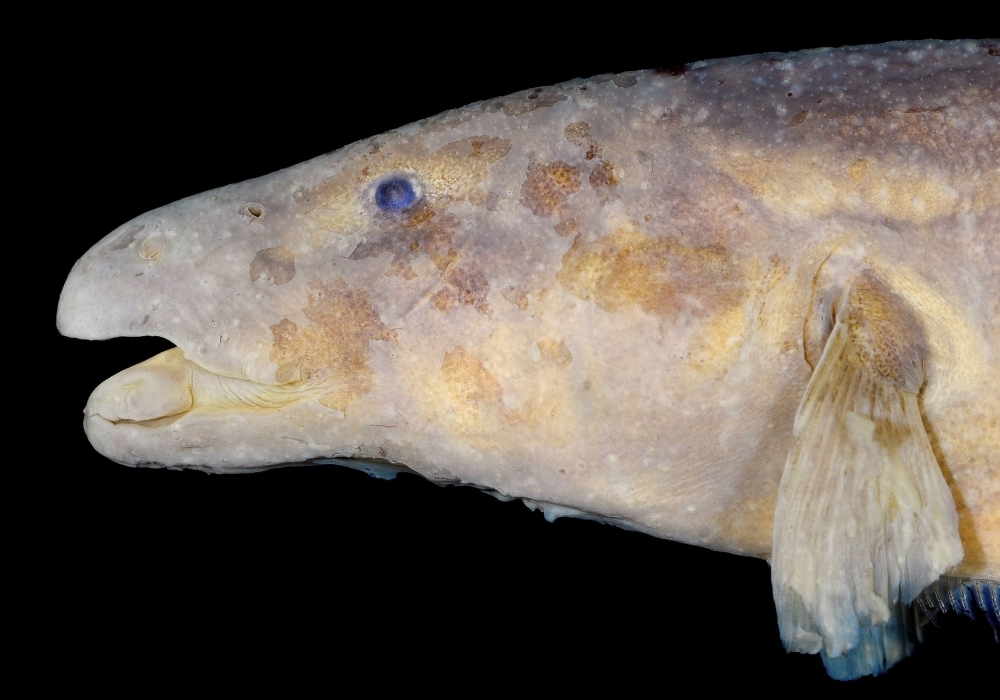
Thanks to the use of high-resolution microcomputed tomography, a cross-border research collaboration was able to study the only three known specimens of Tembeassu marauna, held at the University of São Paulo’s Zoology Museum. The results enabled scientists to classify the species more precisely.

The animals' response may be a sign of ecosystem imbalance. Experiments performed on six beaches of Brazil’s Southeast Region showed that the mussels' activity intensifies when they are exposed to metallic contaminants in seawater.

International collaboration results in largest-ever inventory of Amazon fish fauna. Data will help estimate the risk of impacts related to the construction of dams and waterways as well as deforestation, mining and climate change.

An article published in Nature Communications shows that three species of electric eel exist, not just one as previously described, and that one of them produces an electric shock up to 860 volts. The researchers were funded by FAPESP, the Smithsonian and National Geographic.

Over half of the rays and skates caught in Brazil belong to protected species, a DNA barcoding study shows.
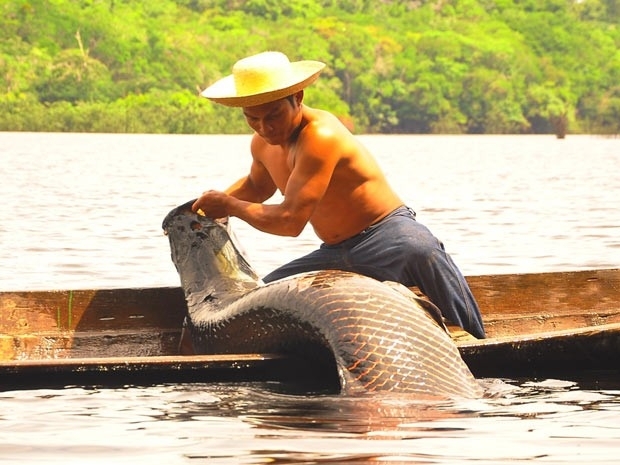
Discoveries by Brazilian and German researchers may facilitate early sexing of pirarucu (arapaima) and its reproduction in captivity while also paving the way for genetic improvement.

Discovery by Brazilian and US researchers could change the classification of two species, which appear more akin to jellyfish than was thought.

A study by the FAPESP-funded Research, Innovation and Dissemination Center shows that toxins produced by young female stingrays cause more pain, whereas toxins produced by adult stingrays cause tissue necrosis.
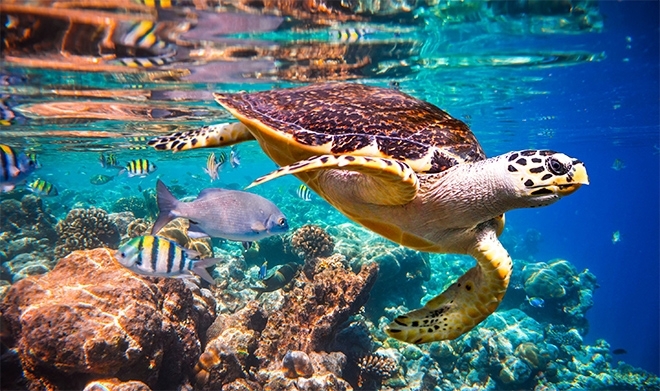
The decline in biodiversity is a direct result of human activity and represents a grave threat to human well-being according to the first global assessment of the state of nature.

Although artisanal mining has declined in the region, it continues to account for high levels of mercury in the largest tributary of the Amazon, according to a study supported by FAPESP’s SPRINT program.
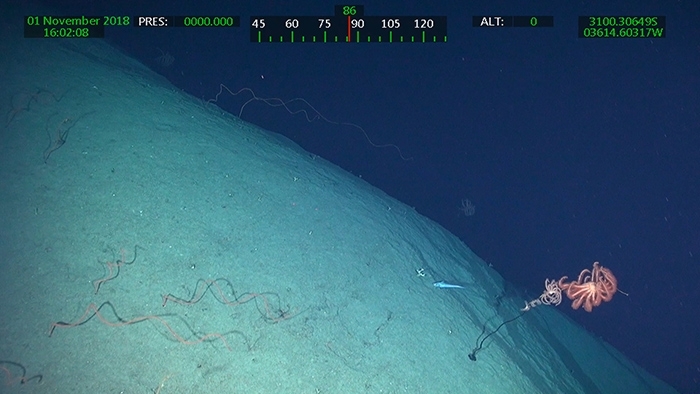
Brazilian and British researchers have found evidence that part of the seabed in the Southwestern Atlantic may have been created and submerged by volcanic lava eruptions.
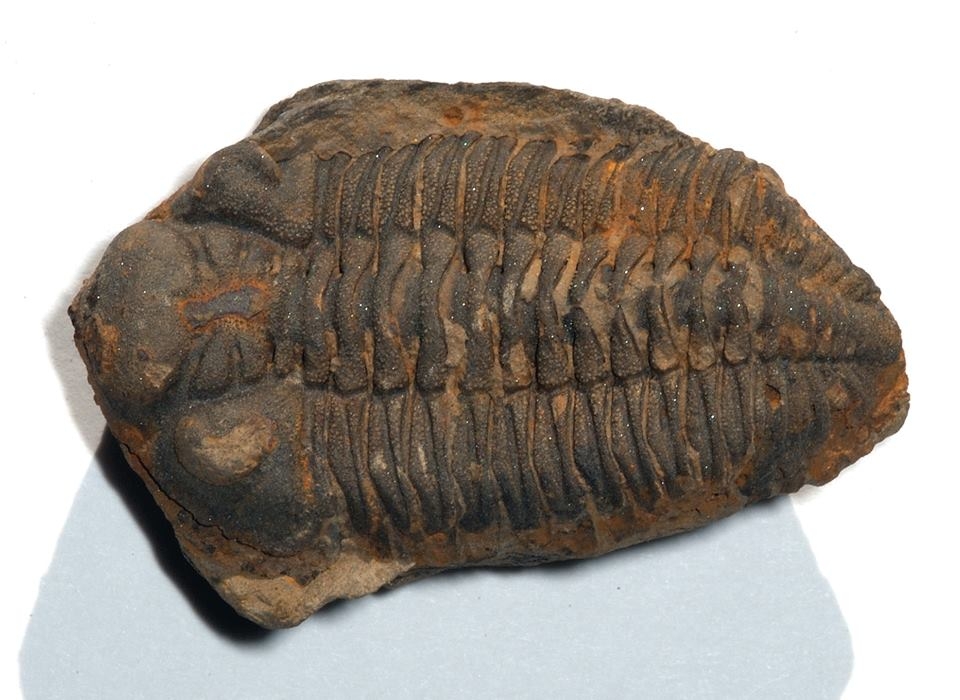
Brazilian researchers used biogeographic analysis to study trilobites, arthropods that became extinct over 252 million years ago. The study was published in Scientific Reports.